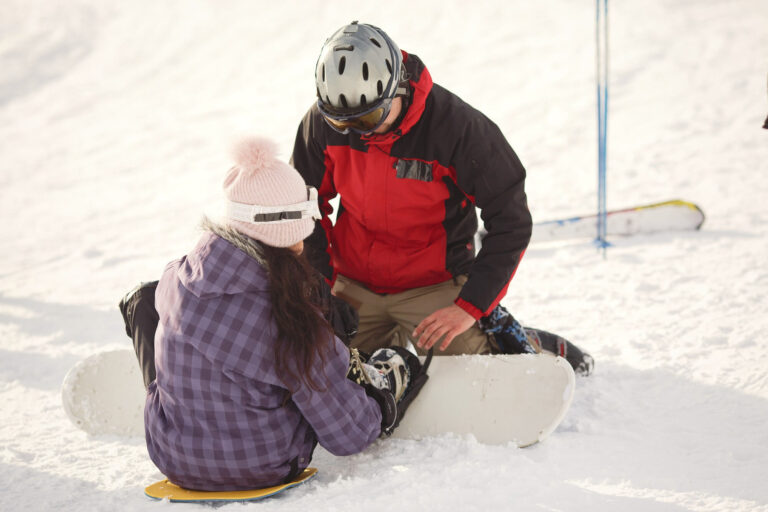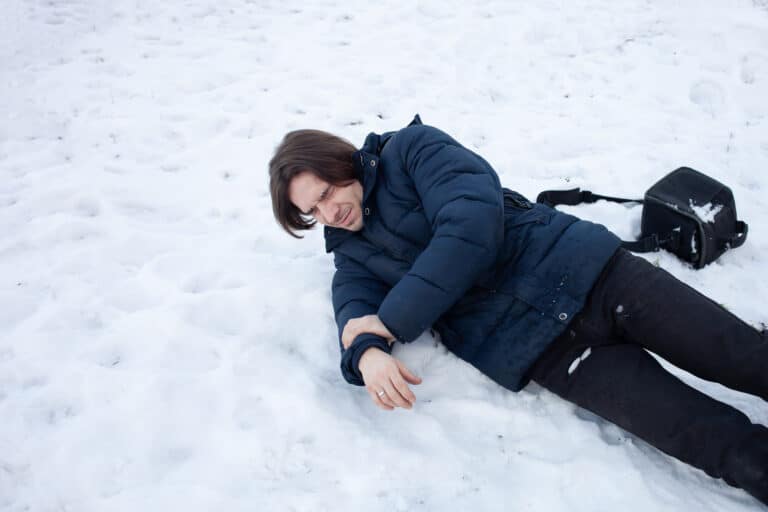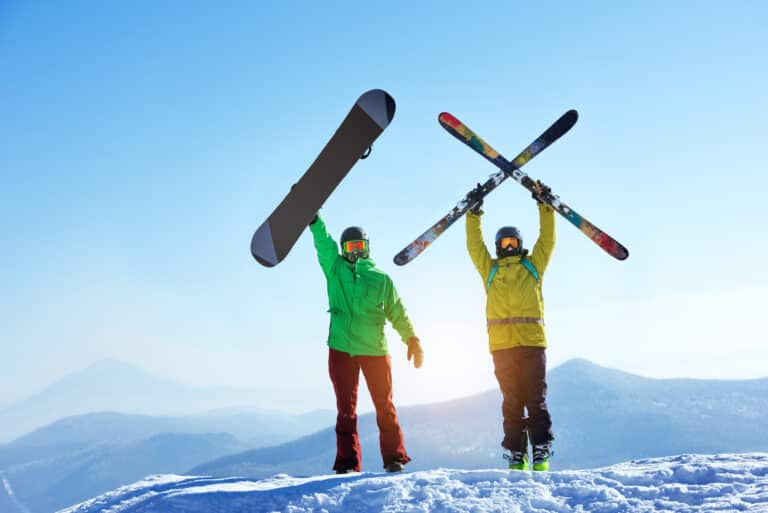Winter months bring snow, ice, and freezing temperatures—creating slippery sidewalks, icy parking lots, and unpredictable hazards. Unfortunately, these conditions make slip-and-fall accidents not only more common but also more dangerous. The elderly, individuals with mobility challenges, and those carrying heavy loads are particularly vulnerable to serious injuries like fractures, sprains, and head trauma. Understanding how to prevent and respond to these incidents is key to staying safe.
Employer/Property Owner Obligations
Employers and property owners have a “reasonable duty of care” in minimizing slip-and-fall risks. They are generally required to maintain their premises in a reasonably safe condition. This includes clearing snow or ice from walkways, applying salt or sand to slippery areas, repairing uneven surfaces, and posting warning signs in hazardous locations.
For employers, ensuring indoor safety during winter is equally important. Wet floors from tracked-in snow should be promptly cleaned, and entrance mats should be used to reduce slick flooring. If these precautions aren’t taken, hazards can escalate, increasing the chances of accidents.
Who Is Liable for Slip-and-Fall Accidents?
Liability in slip-and-fall cases often hinges on negligence. If a property owner or employer fails to address a known hazard—or should have reasonably known about the hazard—they may be held legally responsible for the resulting injuries. For instance, if snow and ice have gone uncleared for an unreasonable amount of time, liability could fall on the property owner.
However, liability can sometimes be shared. If a person was not wearing appropriate footwear or ignored visible hazards, their actions could reduce the owner’s level of responsibility. Proving negligence often requires careful documentation and, in some cases, legal interventions.
What To Do After a Fall
If you experience a slip-and-fall accident, prioritize your health and safety with these steps:
- Seek medical attention immediately, even if your injuries appear minor, especially if you hit your head. Some injuries may not show symptoms right away.
- Document the scene by taking photos or videos of the hazard that caused your fall.
- Report the incident to the property owner, employer, or another responsible party.
- Keep records of medical visits, lost wages, and other expenses related to the injury.
- Consult an attorney to be apprised of your rights, especially if there’s a chance negligence was involved in your accident.
If you have suffered an injury due to a winter slip-and-fall accident, our experienced personal injury attorneys can evaluate your case, help determine who is liable, and work to get you the compensation needed for your full recovery. Call our offices to learn more.








